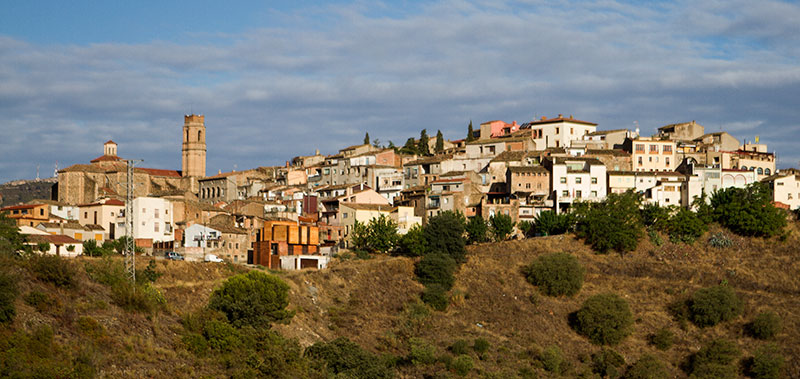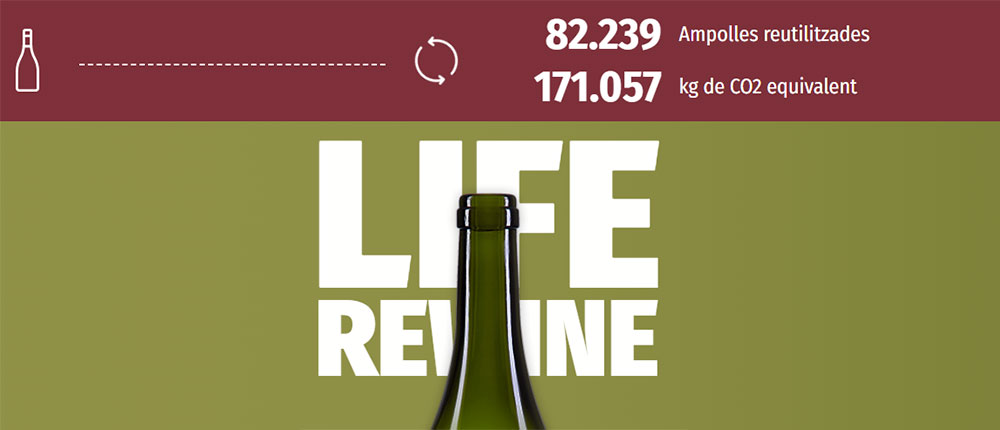The Wall Street Journal’s Will Lyons published a short, but great interview with Miguel A. Torres the president and managing director of Bodega Torres. For those who aren’t familiar with it, this a Catalan winery that is pretty much responsible for the current wine scene in Catalonia that eschews the gigantic bulk approach of Rioja in favor of more craft wines.
Obviously with wineries on three continents and distribution to 140 countries in the world, Torres is not a small, craft winery anymore. But, they led the way that has seen the growth of 12 DO’s (official wine regions) in Catalonia which is now a booming business that was once just primarily targeted at German/Dutch tourists to indulge in.
But, the past is the past and what’s most interesting is how Miguel looks to the future, especially in regards to Global Warming and how it is affecting wine grape production. Unlike the Glassy-winged Sharpshooter that Napa didn’t really ever want to talk about, Miguel is quite open about the future of vineyards in Catalonia:
Pointing to a map of Catalonia, he shows how the company has in recent years been buying vineyards in Tremp, a two-hour drive north from the estate’s headquarters in Vilafranca del Penedès. Here, crucially, the vineyards sit 1,000 meters above sea level, the cool air preventing the grapes from suffering the extreme heat now experienced in the Mediterranean basin. “In the future, we will abandon the coastal vineyards,” he says. “They will disappear and we will move to the central valley.”
It’s hard to believe that there are still so many people convinced that Global Warming is some kind of a myth or hippie conspiracy theory. Here is a winery that’s making a huge business decision based on the fact that it’s well, a fact and they want to stay in business for some time to come. Of course, Miguel notes that even this is just something of a stopgap measure if things continue they way they are:
“The new plantings will improve the quality for another 20 or 30 years,” he says. “After that, God knows.”
It makes one wonder how well a lot of the new wineries in Catalonia are going to fare, especially those who have invested heavily in coastal vineyards such as Martín Faixó, Mas Estela, and many others. While making for staggering beautiful vineyards, one can only hope that we deal with the side effects of our industrialized world soon or, as Torres predicts, many of these smaller producers might very well cease to exist.


